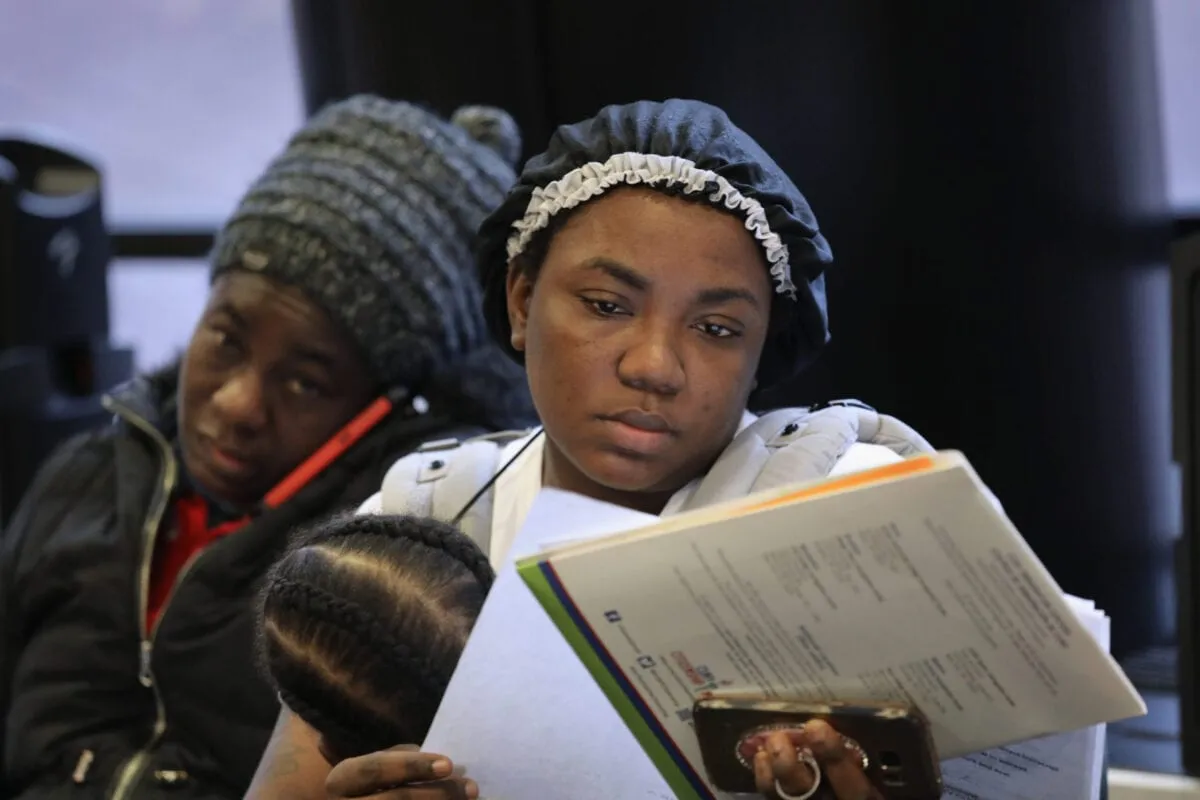Ten Inspiring Human Rights Quotes from the Church
by CAPP-USA

Human rights quotes from Catholic social teaching
Quotes about Human Rights
Church teaching on human rights is rooted in its understanding of human dignity, which is based on every person being created in the image of God and is deeply intertwined with her broader teachings on justice, and the common good.
In a time when human rights are under siege, called into question, and even being redefined, the Church provides a steadfast beacon, proclaiming the truth about rights and from where and whom they derive.
- “The fundamental human right, the presupposition of every other right, is the right to life itself.” (Pope Benedict XVI)
- “The dignity of others is to be respected in all circumstances…because human beings possess an intrinsic worth”. (Pope Francis, 213)
- “The inalienable rights of the person must be recognized and respected by civil society and the political authority.” (Catechism of the Catholic Church, 2273)
- “[B]eyond the rights which man acquires by his own work, there exist rights which do not correspond to any work he performs, but which flow from his essential dignity as a person.” (Pope St. John Paul II, 11)
- “The world exists for everyone, because all of us were born with the same dignity. Differences of color, religion, talent, place of birth or residence, and so many others, cannot be used to justify the privileges of some over the rights of all.” (Pope Francis, 118)
- “[E]qual dignity as persons demands that we strive for fairer and more humane conditions. Excessive economic and social disparity between individuals and peoples of the one human race is a source of scandal and militates against social justice”. (Catechism of the Catholic Church, 1938)
- Among the most important human rights are:
- “the right to life
- the right to live in a united family and in a moral environment conducive to the growth of the child’s personality
- the right to develop one’s intelligence and freedom
- the right to share in the work which makes wise use of the earth’s material resources
- the right freely to establish a family“
- And “the source and synthesis of these rights is religious freedom“. (Pope St. John Paul II, 47)
- “[E]very man has by nature the right to possess property as his own.” (Pope Leo XIII, 6)
- “It is…necessary to cultivate a public conscience that considers food and access to water as universal rights of all human beings, without distinction or discrimination.” (Pope Benedict XVI, 27)
- “Man has the right to leave his native land for various motives-and also the right to return-in order to seek better conditions of life in another country.” (Pope St. John Paul II, 23)
HOWEVER
“An overemphasis on rights leads to a disregard for duties…The sharing of reciprocal duties is a more powerful incentive to action than the mere assertion of rights.” (Pope Benedict XVI, 43)





